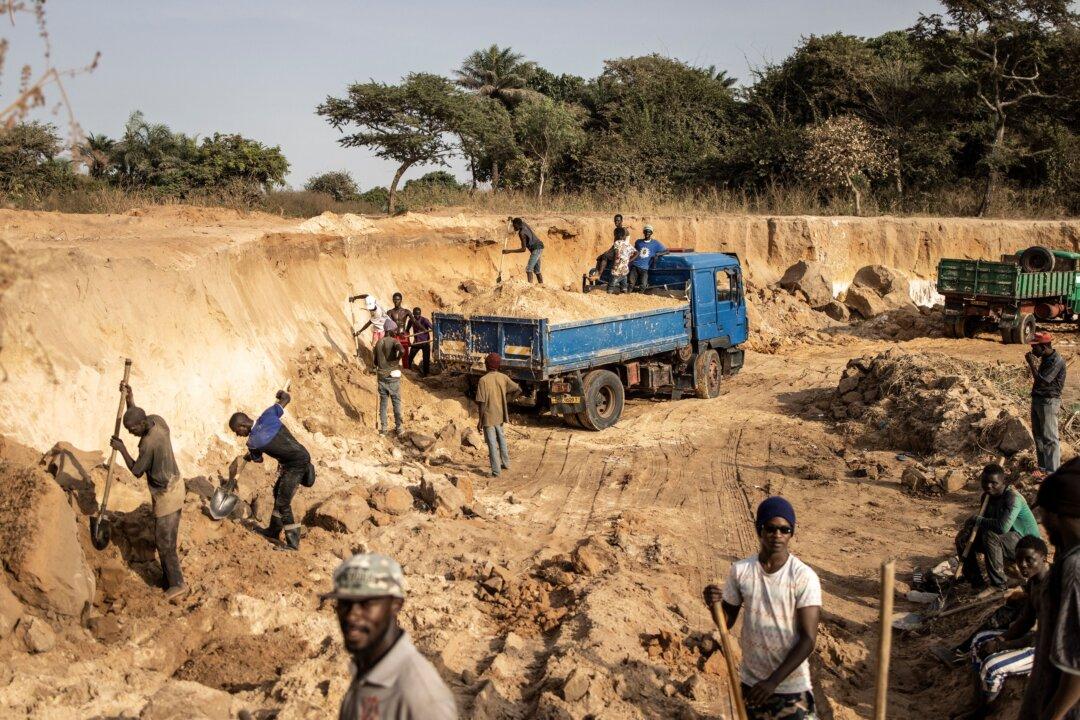China has pressured two African countries to leave the Inter-Parliamentary Alliance on China (IPAC), a group of hundreds of lawmakers who focus on confronting the communist regime’s malign activities, the organization said.
The IPAC said Beijing used “extreme diplomatic coercion” to force lawmakers from Malawi and The Gambia to quit their group memberships. Beijing’s coercion included the threat of canceling a Malawian president’s trip to China for a regional summit and meeting with Chinese Communist Party (CCP) leader Xi Jinping.





